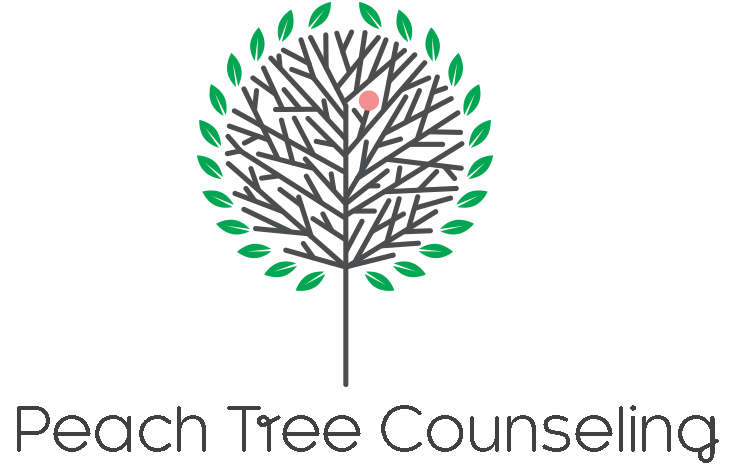The horse and the rider
"The first stream, or the "primary process mind," is the perceptual or experiencing mind. It consists of perceptions, drives, and goals and can be thought of as our "primate mind." It is the part that looks out and sees the world, has motives and urges (ranging from food to sex), and is energized by our emotions to respond to events. The primary process mind works by taking perceptions about the current state of the world and referencing them against drives for what we do or do not want, and our emotions are activated to respond accordingly. For example, when we are waiting for someone we have not seen for a long time, we longingly look out the window and feel a jolt of joy when we see that person's car pulling into the driveway.
The second stream of consciousness , the secondary, deliberate mind – the "person mind" - is the part of us that talks, deliberates reflects, and rationalizes to others about why we do what we do. It comments , reacts, or responds not just to what is, but also to what one thinks ought to be. Shaped by culture and experience, the person mind has ideas about what is justifiable and what is not.
Sigmund Freud likened these two streams of consciousness to a horse and a rider. The secondary person mind, represented by the rider, is trying to guide the primate mind, represented by the horse, toward long-term goals. However, as suggested by this metaphor, the two minds are very different. The primate mind feels things based on what it perceives relative to its goals in the immediate situation. If it perceives the situation as being one in which the individual is isolated, it will feel lonely. If it perceives the situation as one in which its goals are being intruded upon by others, it will feel angry. If it sees that it has failed or is inferior to others, it will feel shame. In short, the primate mind is reactive to the situation in which it finds itself.
The secondary person mind is more complicated, and it can project much longer into the future. It thinks not only about what is but also about what ought to be. Just as a rider can have opinions about the horse she is riding, the secondary person mind will also have opinions about the primary primate mind if it is or is not feeling what it should. If the person mind makes critical and controlling judgements, the stage is set for a vicious intrapsychic cycle of negative thoughts. "
-Gregg Henriques, PH.D. for Psychology Today
